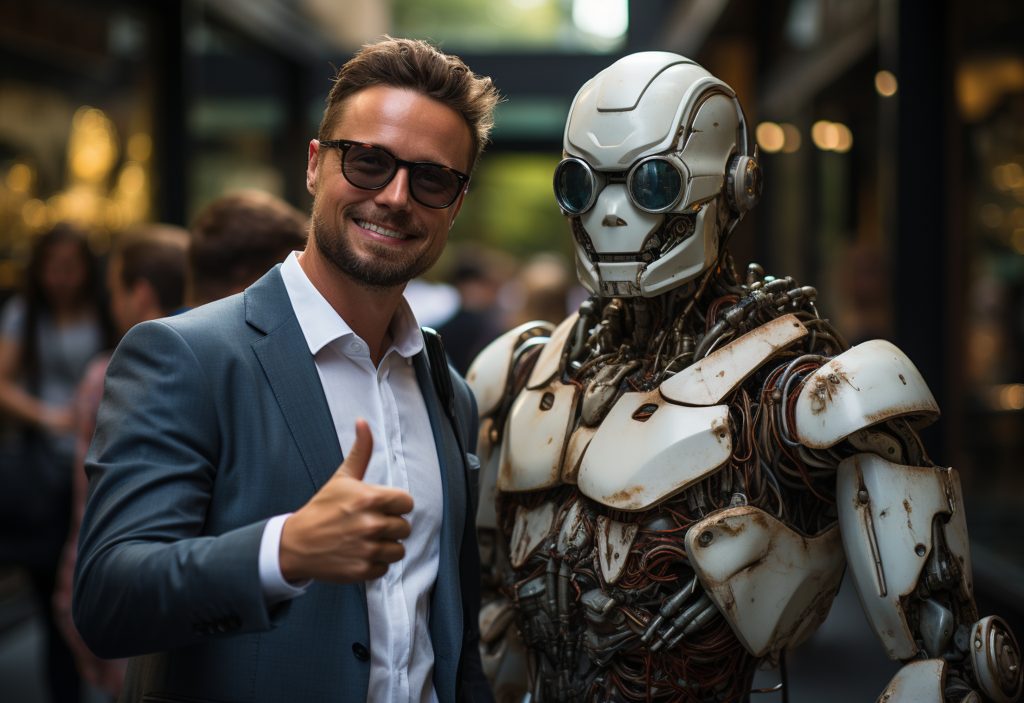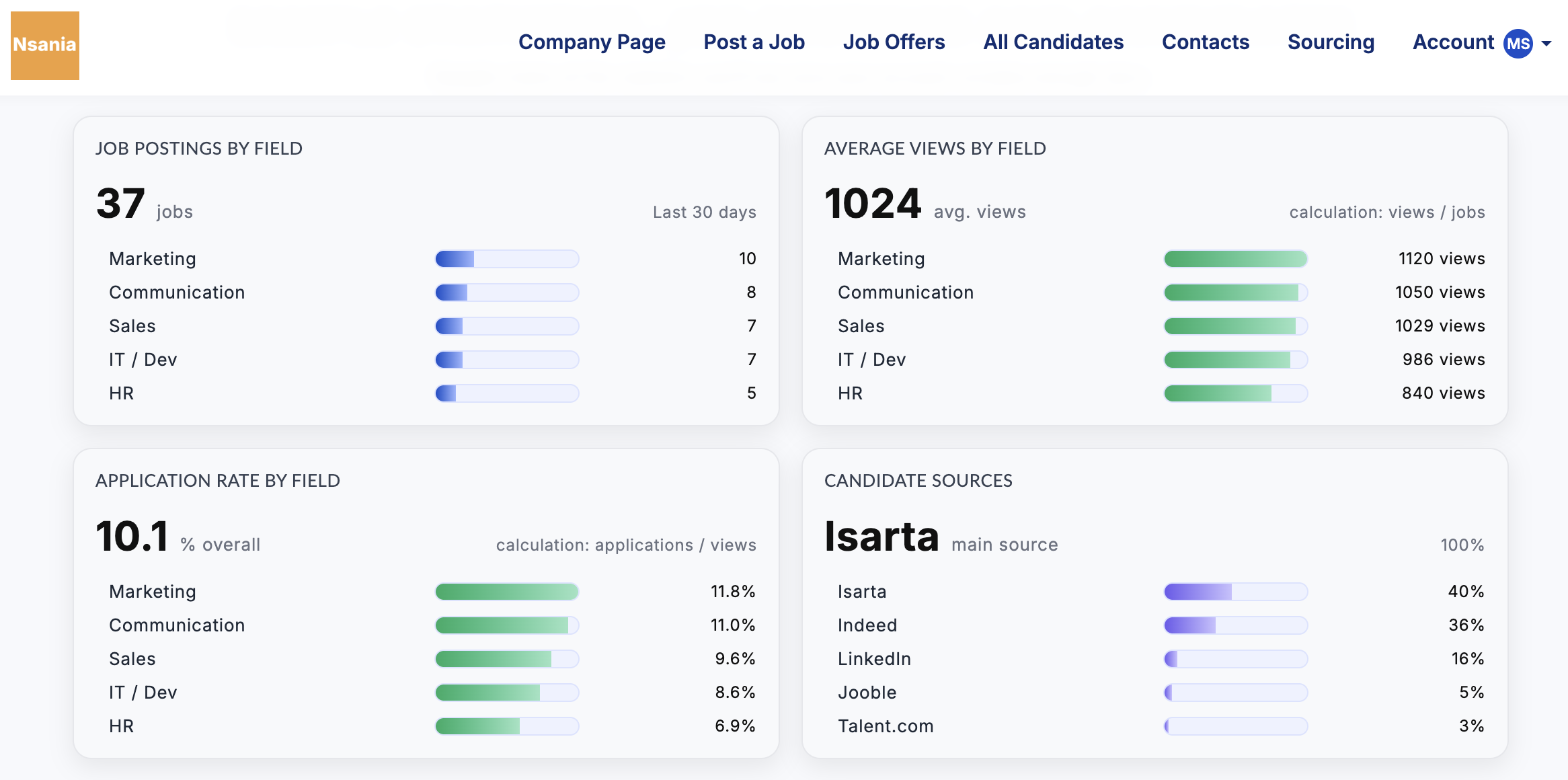AI is transforming all sectors, including job searching. What can artificial intelligence algorithms do for someone looking for a new job? Apparently, quite a lot! The LazyApply app has created “bots” to automatically apply for jobs posted online.
A few weeks ago, The Wired reported the story of a programmer who was able to apply to 5,000 jobs using the job search automation platform LazyApply (a one-time fee of $100 to $250). Before celebrating too soon, it should be noted that the famous “bots” only managed to secure 20 interviews for him…
But this is just the beginning; other applications will likely emerge on the market, perhaps more refined and efficient. LazzyApply already has competitors, such as Sonara, which automates the job application process for up to 420 applications per month ($80 per month), or UseMassive, supervised by a human eye, offering 50 automated applications per week ($40 per month).
What do we think of these services? As candidates, would you be willing to entrust your job search to a “bot” or an “AI agent” with your eyes closed? We asked the question on LinkedIn, and the results are divided.
With 41% “enthusiastic” and 22% “curious,” the openness is certainly there. However, a significant proportion of respondents (37%) vehemently oppose the idea.
“There are too many factors at play for me to like a job, and most of these factors are more about ‘feeling’ than ‘factual,’ explains François Latulippe, an expert in social media positioning. An AI wouldn’t be able to know.”
He would be more comfortable with an application that performs a kind of “watch” to find positions that meet a set of criteria and then presents them for validation.
“Probably the worst technology for HR”
Other survey participants are concerned about the repercussions of an application like LazyApply if all candidates start using them.
“If everyone applies to all positions, it’s going to be a mess!” exclaims François Pelletier, an expert in data governance. It’s a really bad strategy, he insists. For a ton of ethical reasons, AI is probably the worst technology for HR. It would be better to focus on internal recruitment and not post any offers if it becomes widespread.”
Alexandre Bouchard, co-founder of the V3 Stent Group, views these types of applications with much more optimism and enthusiasm.
In the end, it’s the human and the fit that matter,” he concedes. However, I can’t help but say that, in my opinion, quality and quantity are no longer opposing variables in 2023-24. For example, good AI personalization (prompt, custom instructions, and relevant data) would have led to better quality in this case, approaching even the normal rates associated with human activity. We are in the phenomenon of the “Uncanny Valley” of human interaction with AI. It’s up to us to see if we can or want to surpass it.”
The debate is just beginning!




